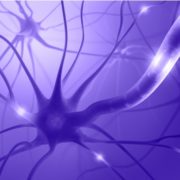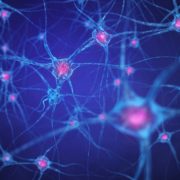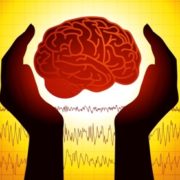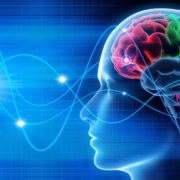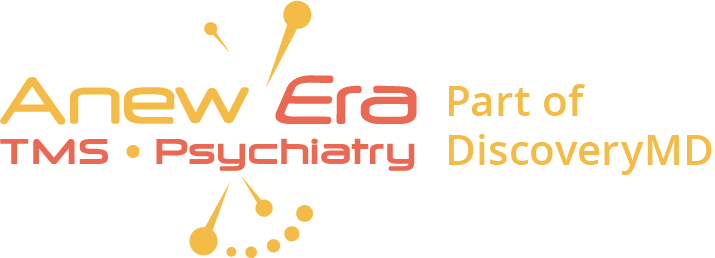Programs for Veterans With PTSD
It has become a national tragedy. Our veterans are suffering from serious mental health issues, including post-traumatic stress disorder (PTSD), traumatic brain injury, substance use disorders, and depression at alarming rates. Recent suicide statistics reveal that on average about 20 suicides are completed daily, with the majority by veterans but some by active military personnel as well. The Army suffered the highest percentage of suicide deaths, with 52% involving this branch’s vets and active military.
As the Veteran’s Administration grapples with this disturbing trend, it is committed to improving suicide prevention programs through the following efforts:
- Expanding the Veteran’s Crisis Line
- Creating a new cross-sector partnership
- Implementing the Join Action Plan for Supporting Veterans During their Transition from Uniformed Service to Civilian Life program
- Launching S.A.V.E. online suicide prevention training
- Developing the National Strategy for Preventing Veteran Suicide
Meanwhile, countless veterans continue to suffer the effects of mental health disorder that need intervention services now. Although the V.A. offers some mental health services, too many are not being served in a timely manner. Because of this, the private sector must provide programs for veterans with PTSD and other mental health issues.
What is PTSD?
Post-traumatic stress disorder (PTSD) is an extreme and persistent response to having witnessed or experienced firsthand a highly traumatic event. While experiencing a trauma will result in a period of emotional distress and instability, in most cases it will resolve in a timely manner. Individuals with PTSD have not been able to overcome the deeply ingrained stress response to the trauma. Even weeks later, the effects of the trauma still will cause serious impairment in daily functioning. When these effects do not resolve in a month, it is diagnoses as PTSD.
A traumatic event is one that causes the individual to feel threatened or afraid for their life, often feeling a lack of control over the situation. For military personnel, being constantly exposed to situations that are unpredictable and potentially lethal can lead to PTSD, as well as experiencing combat fatalities and destruction firsthand, including the death of a close comrade.
Not all soldiers who are exposed to these situations will acquire PTSD. Certain factors that are unique in us all will largely determine whether the trauma can be resolved or not. These factors might include:
- History of living through multiple traumatic events
- History of childhood trauma
- History of mental health disorder
- Personality traits, lack of resilience
- Lack of emotional or social support following trauma
Symptoms of PTSD
Symptoms of PTSD last more than one month and might include:
- Intrusive thoughts and memories about the traumatic event(s)
- Nightmares or flashbacks
- Easily startled
- Hypervigilence
- Emotional numbness
- Sleep disturbances, insomnia
- Reliving the trauma
- Irritability
- Anger, aggressive behavior
- Avoiding people, places, or situations that trigger memories or emotions
- Substance abuse, such as alcohol and opioids
The effects of the PTSD are far reaching. Because the individual will be sensitive to triggers, they may become isolated in an effort to avoid any place or situation that might remind them of the trauma. Addiction to drugs or alcohol is a very real threat as individuals with PTSD will often lean on these substances in an effort to numb emotional pain and just “check out” mentally.
Programs for Veterans with PTSD
Treatment for veterans with PTSD can be found in different formats. These might include:
Inpatient programs. An inpatient program may be appropriate for individuals who have become so impaired by the PTSD that they require more intensive interventions. Treatment includes medication, such as antidepressant drug therapy and sedatives combined with psychotherapy, such as exposure therapy. In the event there is a dual diagnosis of both PTSD and a substance use disorder, an inpatient dual diagnosis rehab where a medical detox is available is an excellent option.
Outpatient. Outpatient mental health programs will also offer both medication and psychotherapy for treating the PTSD. The outpatient format allows the individual to remain at home outside of treatment hours. It should be noted that medications are only effective in relieving symptoms in about 50% of patients.
TMS Therapy. Transcranial magnetic stimulation (TMS) provides an alternative treatment of medication-resistant depression and co-occurring PTSD. TMS requires no sedation and no surgery, and can be provided in an office setting with no recovery time needed. TMS is a safe, noninvasive brain stimulation technique that helps to restore brain chemistry balance and relieve symptoms of PTSD and depression.
Anew Era TMS & Psychiatry Provides TMS Therapy for Veterans with PTSD
Anew Era TMS & Psychiatry is a leader in the field of TMS therapy for treating medication-resistant depression, as well as co-occurring PTSD and other anxiety disorders. Programs for veterans with PTSD may offer conventional treatments, such as psychotherapy and medication, for those interventions do not always work. TMS therapy has helped thousands overcome the effects of PTSD, and it can help you, too. Please reach out to us at Anew Era TMS & Psychiatry today at (888) 503-1540.


